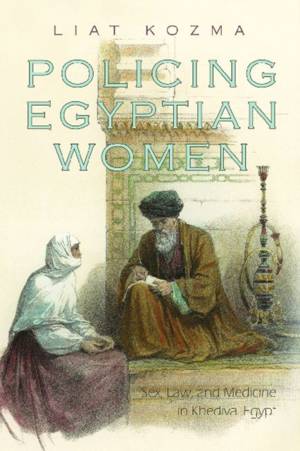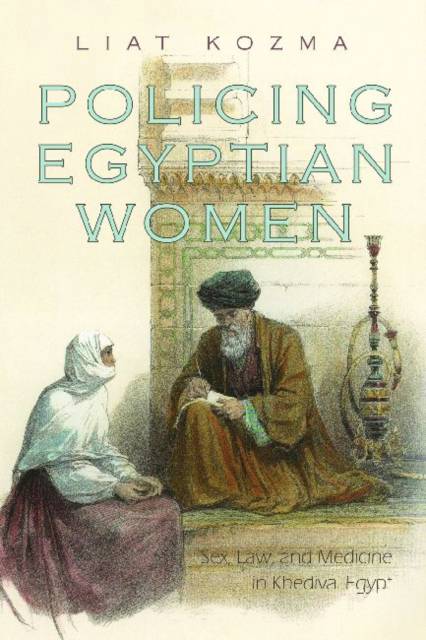
- Afhalen na 1 uur in een winkel met voorraad
- Gratis thuislevering in België vanaf € 30
- Ruim aanbod met 7 miljoen producten
- Afhalen na 1 uur in een winkel met voorraad
- Gratis thuislevering in België vanaf € 30
- Ruim aanbod met 7 miljoen producten
Zoeken
Omschrijving
Policing Egyptian Women delineates the intricate manner in which the modern state in Egypt monitored, controlled, and "policed" the bodies of subaltern women. Some of these women were runaway slaves, others were deflowered outside of marriage, and still others were prostitutes. Kozma traces the effects of nineteenth-century developments such as the expansion of cities, the abolition of the slave trade, the formation of a new legal system, and the development of a new forensic medical expertise on these women who lived at the margins of society.
Kozma makes use of extensive archival material to chronicle the everyday interactions of nonelite women at the police station and in the courts. From honor killings to child marriages to female slavery, Kozma presents an in-depth depiction of women's experiences in Khedival Egypt. In an era when women and blacks were thought uneducable, Kozma shows that Egypt was training black women in what was then modern medicine. Known as hakimas, these female doctors played an important role in transforming how women were treated in the court system. Illustrating the ways in which the practices of the modern state gave rise to modern subjectivities, Kozma demonstrates how subaltern women experienced and helped shape nineteenth-century modernity.Specificaties
Betrokkenen
- Auteur(s):
- Uitgeverij:
Inhoud
- Aantal bladzijden:
- 204
- Taal:
- Engels
- Reeks:
Eigenschappen
- Productcode (EAN):
- 9780815632818
- Verschijningsdatum:
- 31/07/2011
- Uitvoering:
- Hardcover
- Formaat:
- Genaaid
- Afmetingen:
- 160 mm x 238 mm
- Gewicht:
- 417 g

Alleen bij Standaard Boekhandel
+ 91 punten op je klantenkaart van Standaard Boekhandel
Beoordelingen
We publiceren alleen reviews die voldoen aan de voorwaarden voor reviews. Bekijk onze voorwaarden voor reviews.











